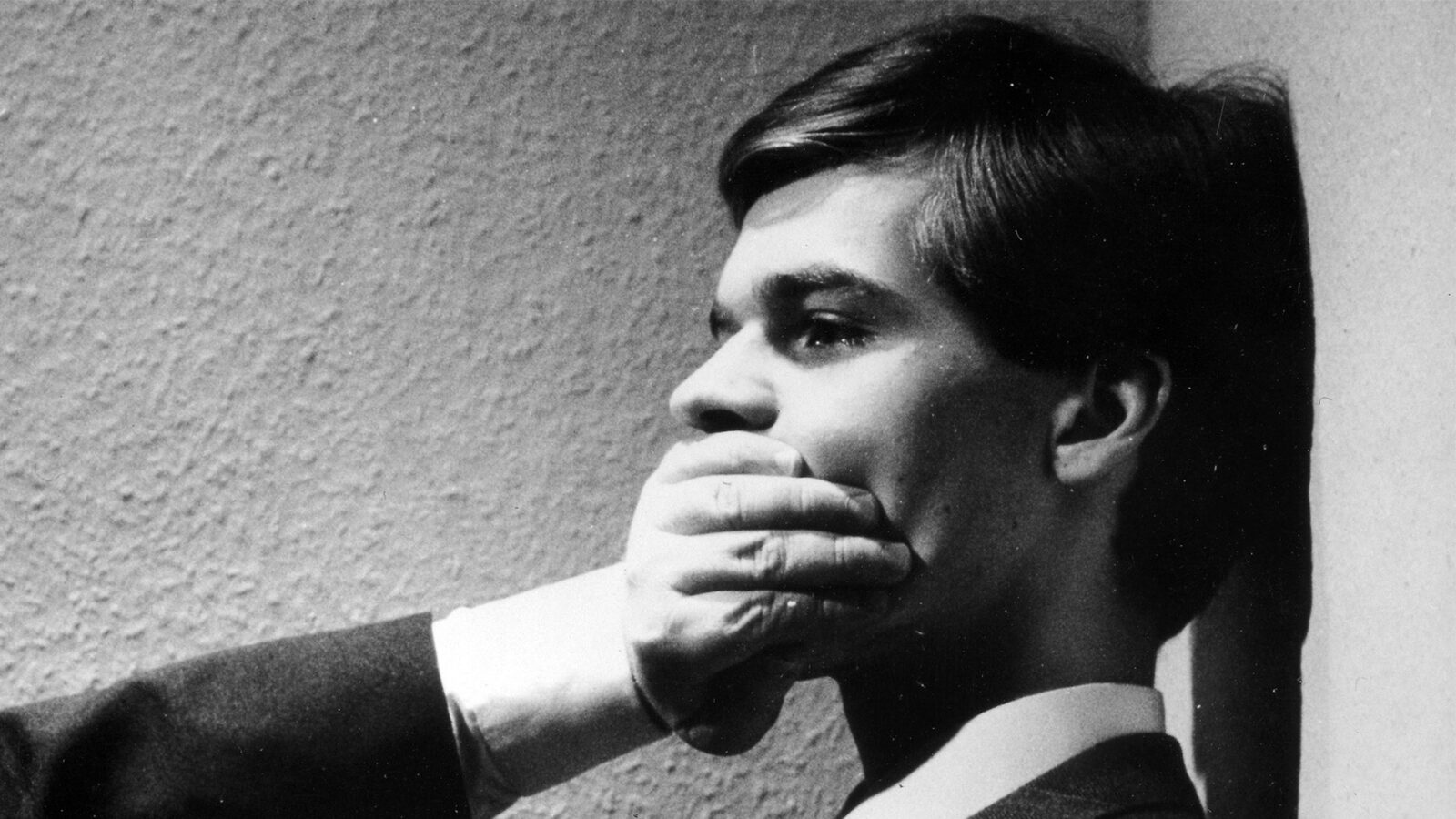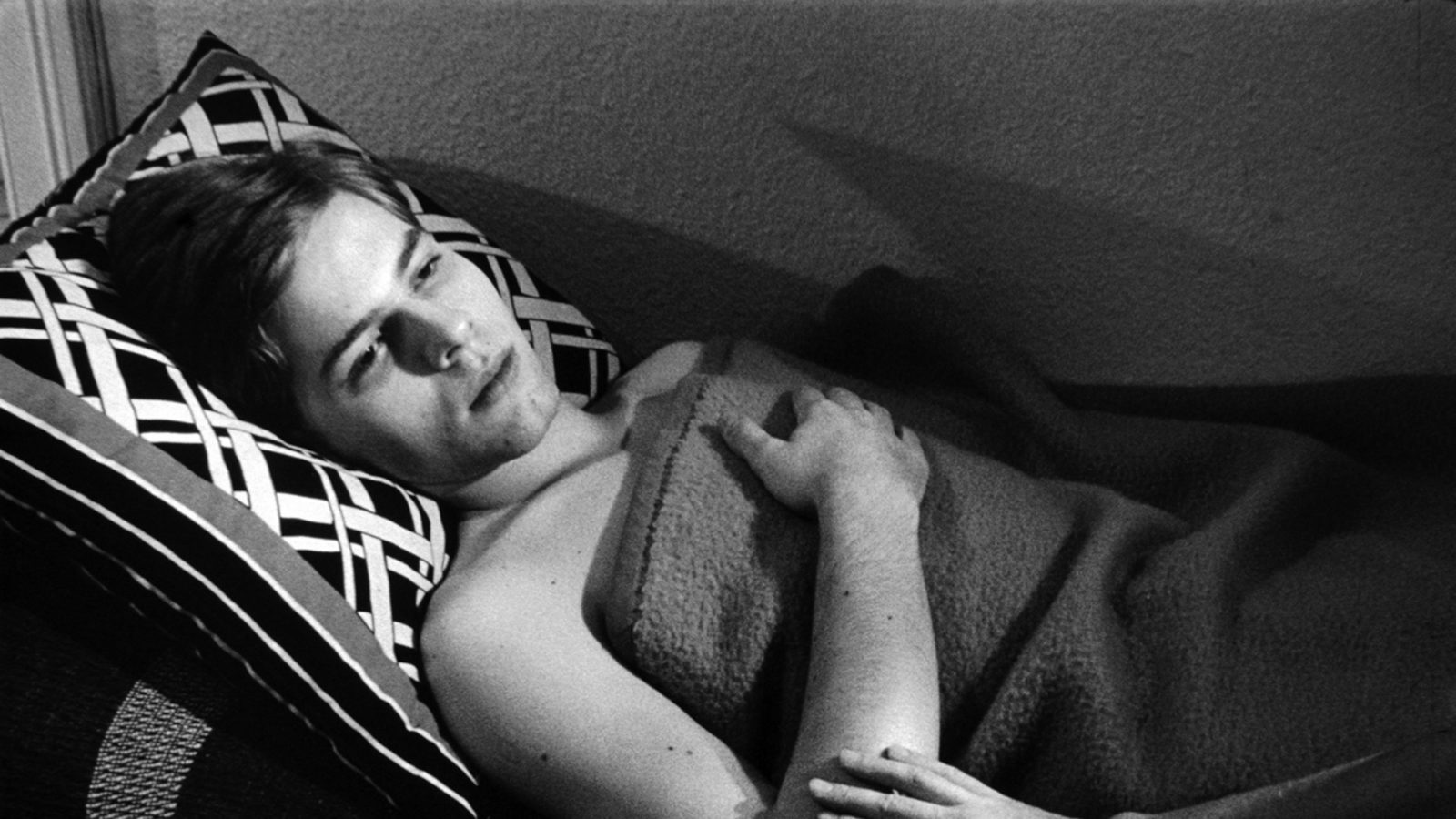Class Relations
Straub and Huillet were frequently drawn to unfinished texts—Hölderlin’s The Death of Empedocles, Schoenberg’s Moses and Aaron—and for Class Relations, one of their supreme accomplishments, they turned to Kafka’s never-completed Amerika. “Kafka, for us,” Straub declared, “is the only major poet of industrial civilization, I mean, a civilization where people depend on their work to survive.” Kafka never did visit the America of his novel, so perhaps it’s fitting that the saga of Karl Rossmann, a teenage immigrant from Europe who arrives to a strange new land rife with swindlers and hypocrites, was largely shot in Hamburg. The style of Straub-Huillet, with their Brechtian performances, long takes, and static framing, is often characterized as “austere,” yet such a description belies the extraordinary richness of their images, the palpable weight of their direct-sound, and the invigorating clarity of their political commitment.








